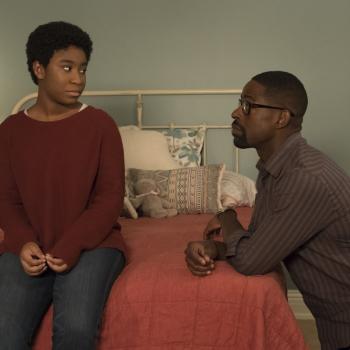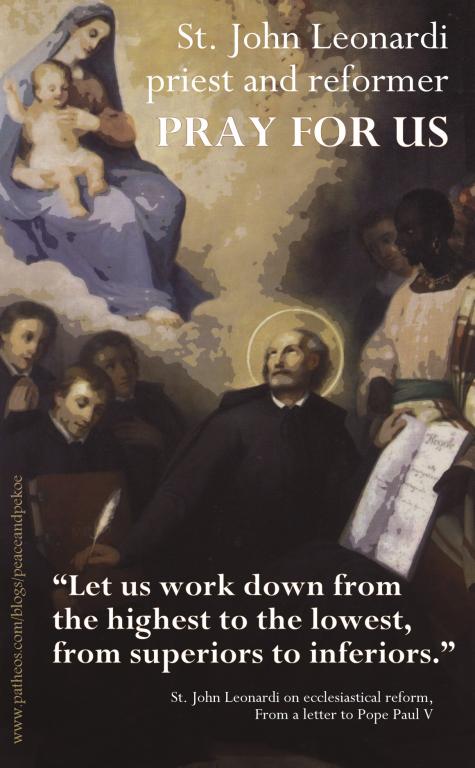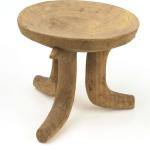ACOG rejects the ethic that autonomy is a fundamental human right
I’m posting this because it actually highlights a mentality found among birth activists that I find disturbing. This mentality rests the whole of the ‘choice in birth’ movement on a ‘right to bodily autonomy’. The argument ties birth choice to abortion rights, by extending to woman a ‘right’ to determine what happens to her body regardless of the existence or effect on any child residing within her womb (or anyone else, for that matter). It is an argument for ‘choice’ in which a woman is not presumed to be speaking or acting on her child’s behalf, but in which the child’s wellbeing is, in fact, irrelevant. The mother’s right to bodily autonomy gives her the power to choose to kill her child – the power to birth that same child as she sees fit seems like a small thing in comparison.
But the argument for women to be supported in making their own choices in caregivers, location, and procedures in birth should not depend on a supposed ‘right to bodily autonomy’. That argument plays into the ACOG’s tendency to portray natural birthing and midwifery proponents as valuing the ‘comfort’ or ‘lifestyle choices’ of the mother over the health and wellbeing of the child. Do we really believe that is what we are doing when we choose to birth at home, or resist medical interventions in the hospital? Do our midwives buy into this woman vs. child mentality?
No, the reason I favor midwife attended birth is because I REJECT the false dichotomy that pits mother against child. I reject it when it causes OBs to scare women into procedures harmful to the mother or deleterious to the mother-baby bond ‘for the sake of your baby’, and I reject it when it calls for birth attendants to defer to a mother’s wishes to such an extreme degree that it places her child in unnecessary danger. Mother and baby are a dyad – a pair, an inextricable set. No mother, doctor, nurse or midwife should approach either patient without considering the other. Each dyad is unique, with a unique set of needs and concerns. It should not be necessary to devalue either mother or baby.
It is ironic that the term ‘bodily autonomy’ arises so often in connection with pregnancy, whether wanted or unwanted, considering that pregnancy and motherhood offer the most compelling evidence that there is nothing inherent or obvious about this supposed ‘right.’
Autonomy? What bodily autonomy? Autonomy means ‘self-governance’, but my body bears, births, and feeds children – in many ways, my body is no longer solely mine. It is their beginning, their sustenance, and their touchstone. I do not ‘govern’ my body – I care for it, so that it can care for others.
For that matter, my body was not autonomous before I had children. My body is host to multitudes, and all of those microscopic multitudes wreak their own tiny uncontrollable effects on my body. I don’t govern my body, I am not free to reject illness, will digestion, choose not to vomit when I have food poisoning. My temperature goes up and down without my desiring it, my body ovulates according to a schedule I cannot command, my neurons fire, but I cannot will my neuro-chemical receptors to make better connections and alleviate my ADHD.
Do impotent men or infertile women govern their bodies? Does a teenage boy ‘govern’ the body that embarrasses him with spontaneous displays of arousal, or a menopausal woman ‘govern’ the body that wakes her in the night steaming and sweating?
Does an unborn child have a right to bodily autonomy that is violated by his mother’s ability to affect his nutrition, his environment, the sounds he hears? Is the newborn violated by her lack of choice of family, culture, home, education?
Are you violating the people around you when you shed your germs in their environment, assault their eyes with your clothing choices, release your scent into the air they breathe?
We are autonomous in will. No one else can will for us, though they can certainly limit our options by the choices they make – which is all the more evidence that we are communal creatures, as our choices limit their options as well. Our autonomy of will is a right in the ‘inalienable’ sense of the word – nothing done to us or by us can possibly separate us from our free will, or from our responsibility for the decisions we make. And I would do a disservice to my personalist education if I did not acknowledge that there is a sense in which we possess our bodies and are possessed by them – we are our bodies, equally as much as we are our souls. I understand why it seems as self-evident to some that any limitation to the power to do as we will to and with our bodies is a violation of something integral, just as it is equally self-evident to me that to talk of power over our bodies is laughable given how much of our bodily functions are outside our control.
I do believe we own ourselves. But I also believe that we own ourselves in order to give ourselves. And once we are given – as a woman is given to her child, as a child is given to her parents, as a doctor is given to her patients – we may no longer exist solely for ourselves. We must exist for each other, we must extend to each the consideration we extend to ourselves. We must recognize in each – in the child, in the midwife, in the father, in the laboring woman – in each we must see a self that is as real and valuable as the self which we are. That is the basis of a balanced medical ethic. That is the basis of morality.
Love your neighbor as yourself. Succeed in that, and you don’t need ‘bodily autonomy’ or any other competition-based ethic.
Love your neighbor as your Self.
Am I off track here?















